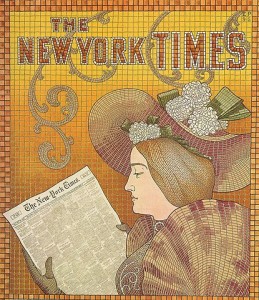NYT reporter discovers gun trusts, cries “loophole”
In an article in today’s New York Times, Erica Goode characterizes gun trusts as exploiting a loophole in the federal firearms law. Goode’s article does, however, reference Florida attorney David Goldman, who is cited extensively in the article, and to good effect. Goldman notes the importance of gun trusts as an estate planning tool for assets that are extensively regulated and for which trustees need substantial guidance:
David Goldman, an estate lawyer in Jacksonville who pioneered the use of gun trusts six years ago, said most dealers carried out background checks for restricted firearms. He called the notion that criminals might use the trusts to buy the firearms through a dealer “ridiculous.”“Illegal versions of these items are not only cheaper,” he said, “but you can obtain them six months faster and you don’t have to form a trust, which could be $500 or $1,000 depending on the level, and you don’t have to tell the A.T.F. about it.”Mr. Goldman, who has prepared several thousand gun trusts and teaches courses on their use, said the trusts have many benefits, like ensuring that firearms were passed on responsibly when an owner dies, keeping them from falling into the wrong hands in a difficult divorce or helping to negotiate moves to other states that might have different gun laws.“There was never a proper way of dealing with firearms with estate planning and whether beneficiaries were appropriate to receive them,” Mr. Goldman said.
Gun trusts are not tools for law-breakers, who could illegally acquire NFA firearms far more quickly than the NFA registration process allows. Gun trusts are flexible estate-planning tools that can help ensure that you, your family, and your firearms-related assets are protected.

